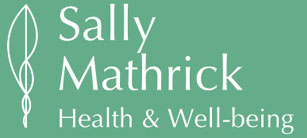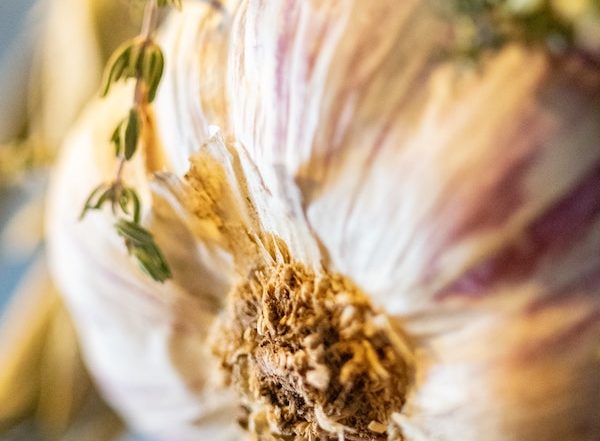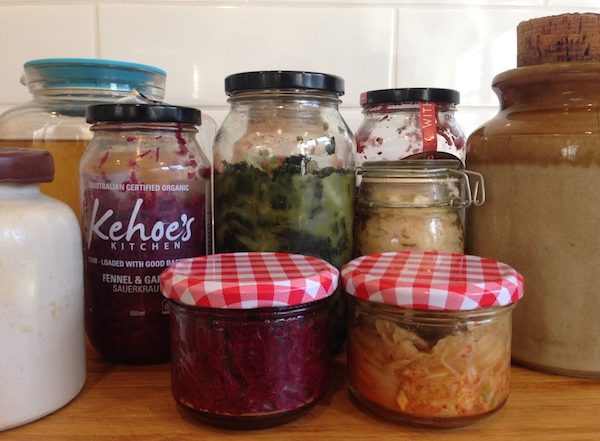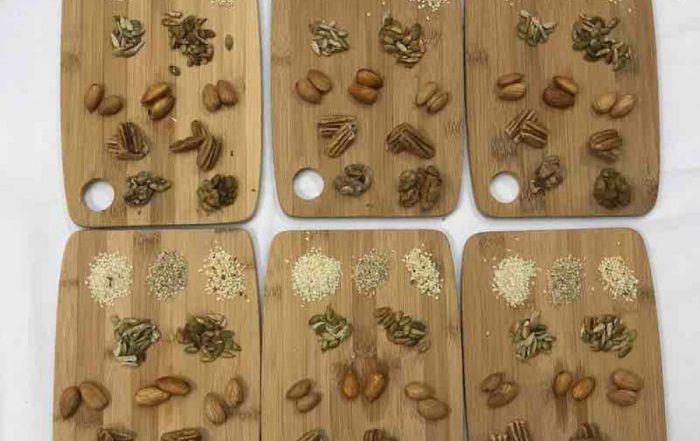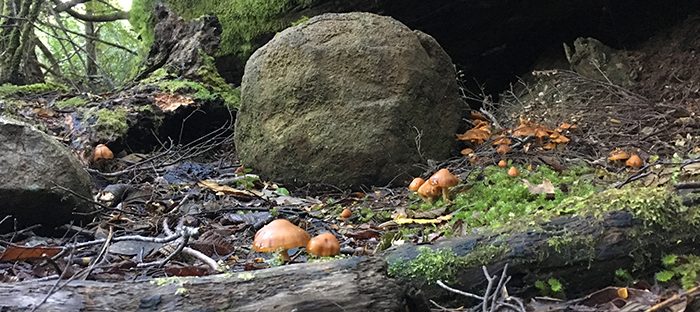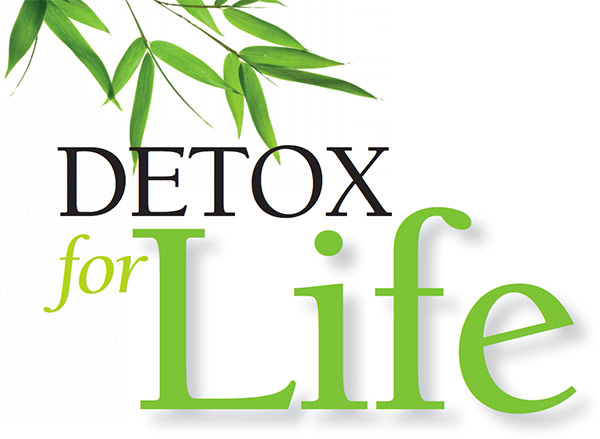Three Immune Boosting Hacks
There are many new (and old) challenges that our immune systems need to manage, from chemical toxic exposures to super bugs, not to mention stress.
Therefore, it’s handy to know hacks to keep your immune defenses fighting fit.
Immunity is everywhere in our body, a complete system not located in isolated regions. However, it has key bases namely the bone marrow, spleen and the thymus gland, in the centre of the chest. An army of immune cells infiltrate mucous membranes, others march through blood and lymph. One faction of the immune system is on constant patrol and protects the body from being invaded and minimises damage by external nasties, which includes both pathogens (germs) and toxins (such as man-made chemicals). Another battalion of the immune system educates itself over our life span. It is intelligent, and learns then remembers how to directly target specific germs with magic bullets (immunoglobulins).
Our immune system is a fascinatingly evolutionary complex.
The immune system is both remarkable and sophisticated, and much of its function is still being revealed to us. Hats off to the scientists working to understand it fully, and it’s interrelationship with the nervous, hormonal, microbiome and psychological systems of the human.
Within the complexity, there are many ways to improve our innate defences.
Here are THREE simple ways to build your resilience:
1. Keep your rigour in your skin.
Our skin is a major immune defence shield. It is a barrier between our soft bits and the outside world.
Firstly, keep your skin in good shape by avoiding things that deteriorate its integrity. Detergents, such as SLS, synthetic chemicals and fragrances all erode our natural skin defences.
Secondly, keep your skin vital. We tend to maintain comfortable temperature ranges through indoor heating, cooling and polyester fibres, keeping ourselves cocooned within a narrow temperature range. Have our comfortable habits made us less resilient?
Be an Iceberger: Herzog-Julius Hospital in Germany studied people who swam in cold water all year-round, and found that regular short exposure to cold, changes the body’s chemistry to resist oxidative stress better. That is, greater protection and capacity. Swimmers’ bodies showed increased quantities of glutathione and other compounds known to accelerate the body’s ability to quench free radicals and protect it from pathogenic invasion.

That is, exposing yourself to short bursts of cold seems to improve your immune systems capacity to deal with toxins and germs.
Be like a Nordic: The Scandinavians have a time-honoured sauna tradition that exercises the opening and closing of pores for robust health. Saunas open up the peripheral circulation, cleansing the blood. Heat treatments are followed by cold treatments – like rolling naked in the snow – to rapidly close the pores. The ‘ice-man’ Wim Hof is currently bringing contrast hydrotherapy into mainstream awareness. A key to this is to ensure cold exposures are performed on a well heated body.
Exposure to cold, when you’re already cold, will probably result in catching one.
Be a Naturalist: Giving the skin some time to ‘breathe’ is an old naturopathic hack, that many naturalists (nudies) still love to practice. Whilst the winter time is not so easy to ‘air bathe’ (i.e. walk around starkers), we can expose our skin to freshness to stimulate blood flow to the skin. Alternating cool and warm water showers. Follow this with a brisk towel down, to stimulate the skin further. While you’re at it, reduce the levels of synthetic chemicals in your bath room regime too.
2. Train your gut microbial friends.
There are so many great insights coming out about how our microbial friends in our digestive systems help us. Not only with immunity but also with mood balancing, and more obviously with healthy digestion. A key to a healthy gut microbiome is to eat a wide variety of whole, ideally organic, foods.
Include a variety of different coloured vegetables, fruits, seeds, nuts, beans, mushrooms and grains, to feed the types of bugs that help you to defend against the bugs.
Despite the incredibly bad wrap it regularly receives, real milk is indeed a wonder food, particularly when in its natural state. It contains high levels of selenium and vitamin D, both recognised as having major anti-cancer effects and nutrients that are essential for healthy immune function. Full cream, natural milk also contains a type of fatty acid, conjugated linoleic acid (CLA), that has been shown to inhibit cancer growth in test-tube and animal studies. Most interestingly, it is the single dietary source of a vitally important immune protein, lactoferrin.
Also known as Lactotransferrin, it acts as antimicrobial against bacteria and fungi, and is involved in innate defences of mucosal tissue (i.e. nose, gut, lungs). Ann Mulder, PhD candidate at Southern Cross University, studied lactoferrin in relation to immune function and suggests it has mild antioxidant and anti-viral actions too. The major role is that it increases the activation of T cells, helping your immune intelligence further. If you can’t get raw milk, half a cup of organic yoghurt every day or two, can be a great boon.
3. Practice your relaxation prowess
Stress directly impacts our physiology, and this is no different when it comes to immune function. Hundreds of studies have shown that many immune markers shift negatively with excess stress.
An amazing, integrated symphony occurs during stress. In general terms, a hormone called Cortico-Releasing Hormone (CRH) triggers the hypothalamus in the centre of the brain to emit a cascade of hormones, factors and neurotransmitters to prime the body/mind into a fight/flight/fright response. This is called the sympathetic nervous system (SNS) response.
For the short term SNS is great. It helps ensure your survival. Your heart beat increases, muscles have more energy (glucose) so you can run, your brain is alerted and can make quick, life saving decisions, your digestion and reproduction capacities take a back seat so that you can focus on escaping the stressor, be it a tiger, bully or pending deadline. Then (ideally) things return to normal. Blood glucose balances and the hormones, neurotransmitters and other stimulating factors degrade, and calm is restored. The body them moves into rest and digest mode, called the parasympathetic nervous system (PNS).
Problems occur when the stress continues, and the body doesn’t return to base line PNS. Chronic, drawn out stress can stem from bad relationships, enduring chronic illness in the family, experiencing grief, unemployment, sleep deprivation, going through separation and divorce or uncertainty.
Essentially, the stress hormones don’t turn off, leading to behavioural changes such as increased acoustic startle response (i.e. you jump at the drop of a hat), increased locomotor activity (i.e. you get twitchy), increased stress induced fighting (i.e. you easily fly off the handle). It correlates with increased anxiety and depression and depresses immune function. People under chronic stress are more likely to be susceptible to infectious diseases because their immune status is compromised.
Relaxation techniques provide a simple solution to this.
Whether it’s breath awareness techniques, mindfulness, connection with nature, meditation, yoga, tai chi or many other tools, help to shift the perspective on what is stressing you. With practice your inner nervous state can be effectively changed within minutes. Swinging in a hammock, watching ants travel along their path, daydreaming or listening to music that relaxes you, all benefit immune status. So, whenever you can, kick back, be, and relax, regularly.
All Posts
